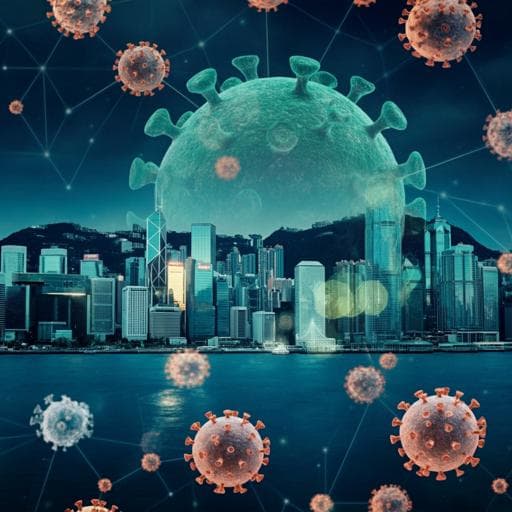
Medicine and Health
From SARS to COVID-19: the role of experience and experts in Hong Kong's initial policy response to an emerging pandemic
K. Matus, N. Sharif, et al.
Discover how Hong Kong's institutional memory from the 2003 SARS epidemic shaped its initial COVID-19 response in 2020. This research by Kira Matus, Naubahar Sharif, Alvin Li, Zhixin Cai, Wai Haang Lee, and Max Song delves into the evolution of science advisory mechanisms and the interplay of public trust and political context.
Related Publications
Explore these studies to deepen your understanding of the subject.







